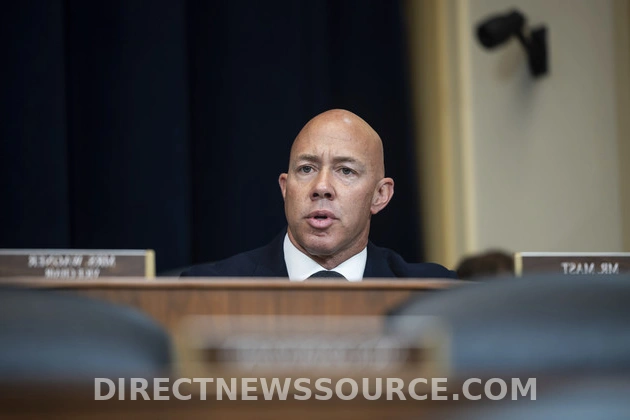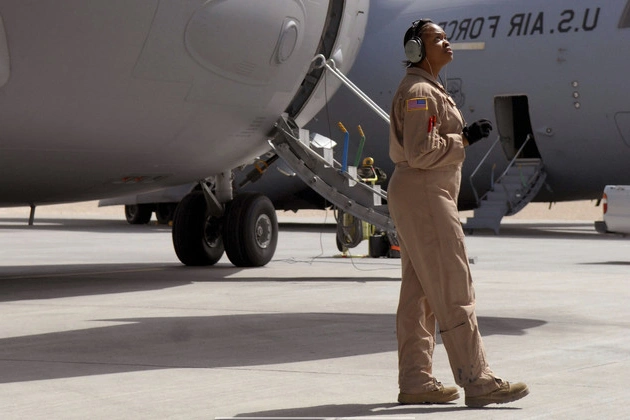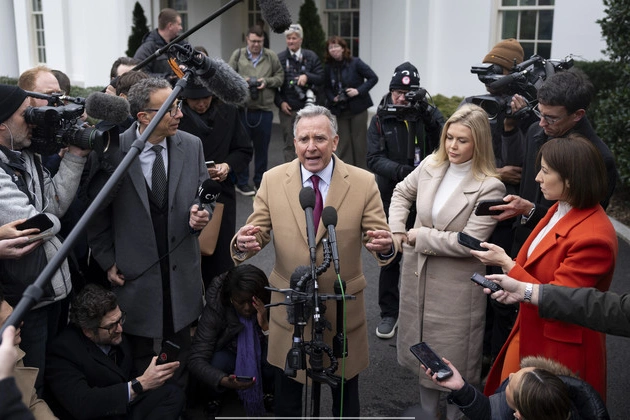
The House Foreign Affairs Committee has historically symbolized bipartisan cooperation in Congress. However, with incoming Chair Brian Mast, a shift in dynamics is anticipated, raising concerns among Democrats on the panel.
According to three Democratic staffers, Mast’s focus on divisive cultural issues and controversial past statements may hinder cross-party collaborations. The committee’s pivotal role in shaping U.S. foreign policy underscores the importance of bipartisan unity.
Challenges of Partisanship
Traditionally, the committee has navigated through partisan differences to address critical foreign policy matters. Outgoing Chair Michael McCaul’s efforts to foster bipartisan support for key initiatives exemplify this approach.
Mast’s selection has surprised committee Democrats, with concerns over his stance on Israel and Ukraine posing challenges to established bipartisan consensus.
Opportunities for Collaboration
Despite initial apprehensions, avenues for bipartisan cooperation still exist. Mast’s alignment with a tougher stance on China mirrors shared sentiments within the committee, offering hope for common ground.
Democrats remain optimistic that Mast’s leadership role may reshape his approach towards collaboration, emphasizing the need for bipartisan efforts in advancing critical agendas.
While uncertainties surround Mast’s leadership style, both Democrats and Republicans acknowledge the potential for productive bipartisan work, particularly on issues related to China, Israel, and the Middle East.
Conclusion
The House Foreign Affairs Committee faces a period of transition under new leadership. The evolving dynamics underscore the importance of fostering bipartisan relationships to effectively address complex global challenges.















